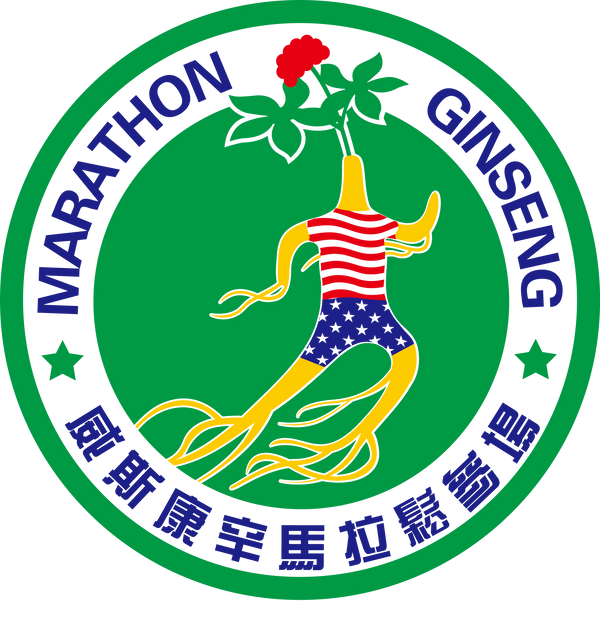I often introduce myself as both a farmer and a laborer, which might sound like a joke, but it's true. I left China and went to Canada for a doctoral program, where I worked for eight years in 1988. My entire family moved to Wisconsin, USA in 1996. I have been living in the academic circle of the university for about twenty years since 2007. I know very few people from ordinary American society, and my understanding of rural life is even less.
Despite the fact that agricultural workers only make up 1% of the population in the United States, they provide an abundant supply of food and agricultural products such as soybeans, corn, and cheese for the United States and the whole world. I began planning to buy a farm and venture into ginseng farming, which brought me into contact with various farmers in 2011. I officially became a ginseng farmer, getting closer to the land and smelling the fragrance of the soil in the autumn of 2012. The farmers I met were mostly family-oriented farm owners, self-sufficient, humble, friendly, and always willing to help. They could even understand English with a Shandong accent.
The scale of farms varies, with the smallest being 40 acres and the largest reaching 240 acres, capable of sustaining 50 cows for large-scale farming like corn and soybeans. Thousands of acres are required to operate large machinery.
Wisconsin farmers have different backgrounds from those in Shandong and Jiaodong, China. Most of them have college or technical training backgrounds, and their hands-on skills far exceed our imagination.

Each farm has a garage or workshop for machinery repairs and manufacturing. Welding machines, lathes, and even forging machines are commonly found. My friend Keko graduated as a mechanical engineer, designed and modified his own automatic grass spreader, precision seed sowing machine tester, and drying machine.

Paul Monk, a third-generation member of the Monk®️ Ginseng family, graduated as an electronics engineer from the University of Minnesota. His farm has a wood processing factory, where he specially processes wooden fences from his own 5,000 acres of land for shading.

While I was driving with a plow, one of its support legs broke halfway, and I nearly plowed the rural asphalt road. I quickly pulled over, and a family living by the roadside helped me weld and fix it. They were not only enthusiastic but also well-equipped with tools!

Hunter/Old Master Rob came from the mountains to my farm to exchange ginseng seeds with a few hunting guns. Later, when he saw that my old truck's rear tire brake was unstable, he found a nail and temporarily fixed the hydraulic pipe. I was amazed at his resourcefulness. He lives by hunting, harvesting ginseng, and raising ferrets. He always wants to exchange his mountain goods for cash from Uncle Sam, the IRS during the tax season.

My bro from the Hmong ethnic group, Xiong, arrived from Laos thirty years ago as a Laotian refugee. He later studied farm management at a local technical school and is now an elder and mechanic in the ginseng farming field.

As an experienced farmer, I work on the farm myself. Though I have my doctoral degree, it is not in electronic or mechanical engineering but in cardiac physiology. I have unique insights into the medicinal properties of ginseng, but when it comes to repairing machinery and modifying agricultural tools, I am helpless. Therefore, I employ Matt as the farm manager.

Matt, the farm manager, is originally from South Africa and grew up on a farm at a young age. He came to the USA after Nelson Mandela took office, as the life of white farm owners became difficult in South Africa.

Matt enjoys displaying his masculinity on the farm.

A glimpse of farm work: we prepare the land for ginseng planting every spring. After growing soybeans and oats in the autumn, we directly plow them into the soil to increase organic matter.

Our versatile tractor is equipped with a hydraulic pile driver used to secure shading canopies to protect ginseng seedlings.

The tractor is also equipped with a forklift to transport wheat straw, which is used to cover and protect the ginseng beds from moisture, frost, and weeds.

We use trucks with trailers to transport farm machinery between fields. Generally, the main machinery of each farm is kept within its designated area to prevent cross-contamination.

Joy of harvest


